info@vivavel.com
+919818262686
+919818262686
 info@vivavel.com
info@vivavel.com +919818262686
+919818262686Cervical spine surgery is a specialized medical procedure that addresses various conditions affecting the cervical spine, consisting of the first seven vertebrae in the neck. This type of surgery is designed to alleviate chronic pain, restore essential functionality, and stabilize or decompress areas of the spine that may be causing discomfort and impairment.
 Signs & Symptoms Indicating the Need for Cervical Spine Surgery:
Signs & Symptoms Indicating the Need for Cervical Spine Surgery:

 Causes of Cervical Spine Issues:
Causes of Cervical Spine Issues:
 Seek Medical Attention if you experience:
Seek Medical Attention if you experience:
 Diagnostic Tests for Cervical Spine Conditions:
Diagnostic Tests for Cervical Spine Conditions:
 Do's:
Do's:
 Don'ts:
Don'ts:
NOTE:
Our medical content authors have diligently gathered and synthesized information on this topic to offer valuable insights to our readers. Drawing from a range of reputable medical journals and health resources, this content aims to enhance understanding of the subject. It's important to remember that while this information is informative, it should not replace personalized consultation or treatment from a qualified physician. For further details, please refer to our Editorial Policy.
For this topic, our authors used some of the following resources:
UNIVERSITY Of MARYLAND MEDICAL CENTER | After Cervical Spine Surgery
NEUROSURGERY AND ENDOVASCULAR ASSOCIATES | Cervical Spine Surgery
NHS – Hull University Teaching Hospitals | Care Of Your Neck Following Cervical Spine Surgery
UNIVERSITY Of MARYLAND MEDICAL CENTER | Anterior Cervical Fusion
NLM | The 100 Most Influential Articles in Cervical Spine Surgery

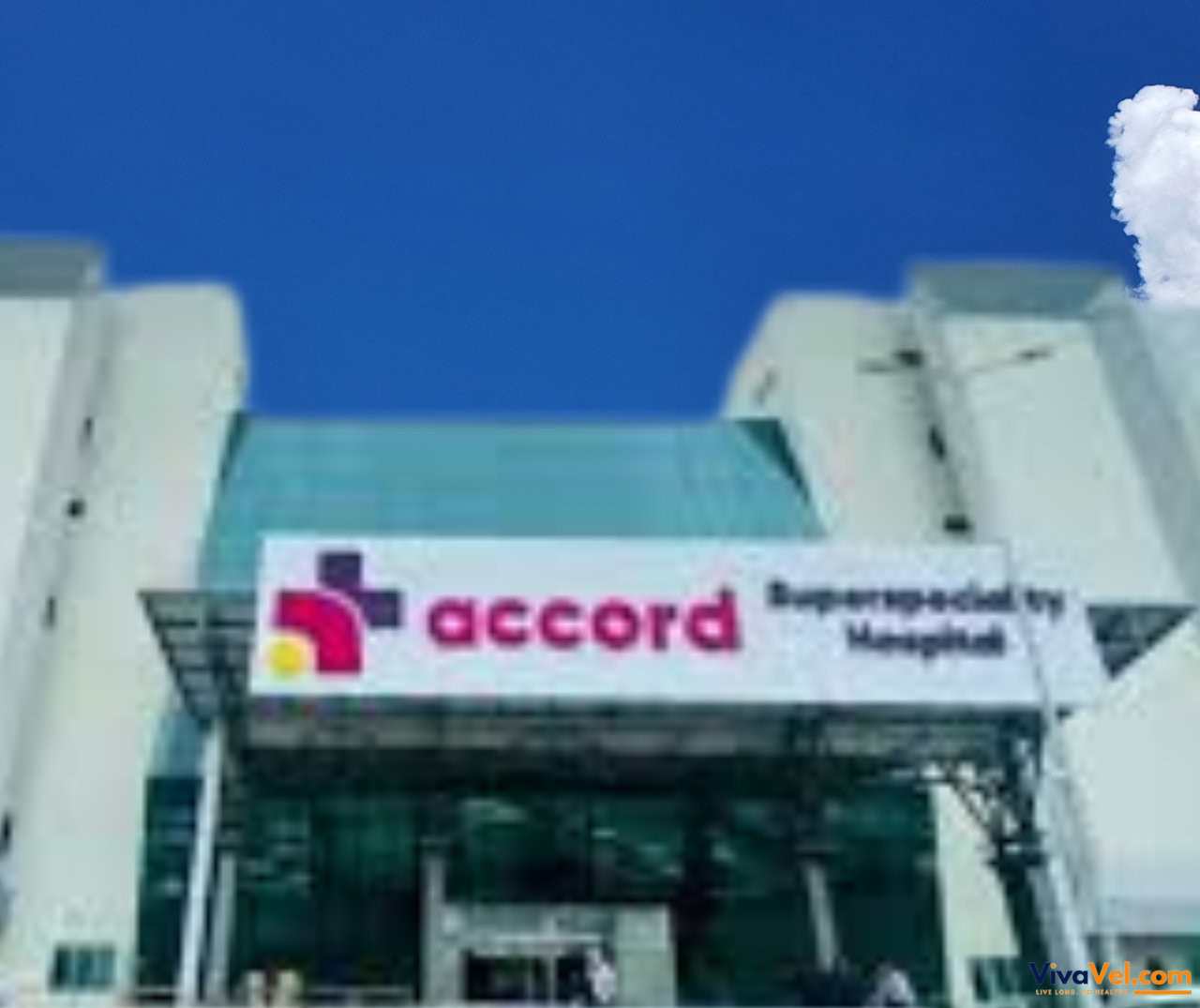


![]() Budena Village, Sector 86, Faridabad, Haryana 121002, India
Budena Village, Sector 86, Faridabad, Haryana 121002, India
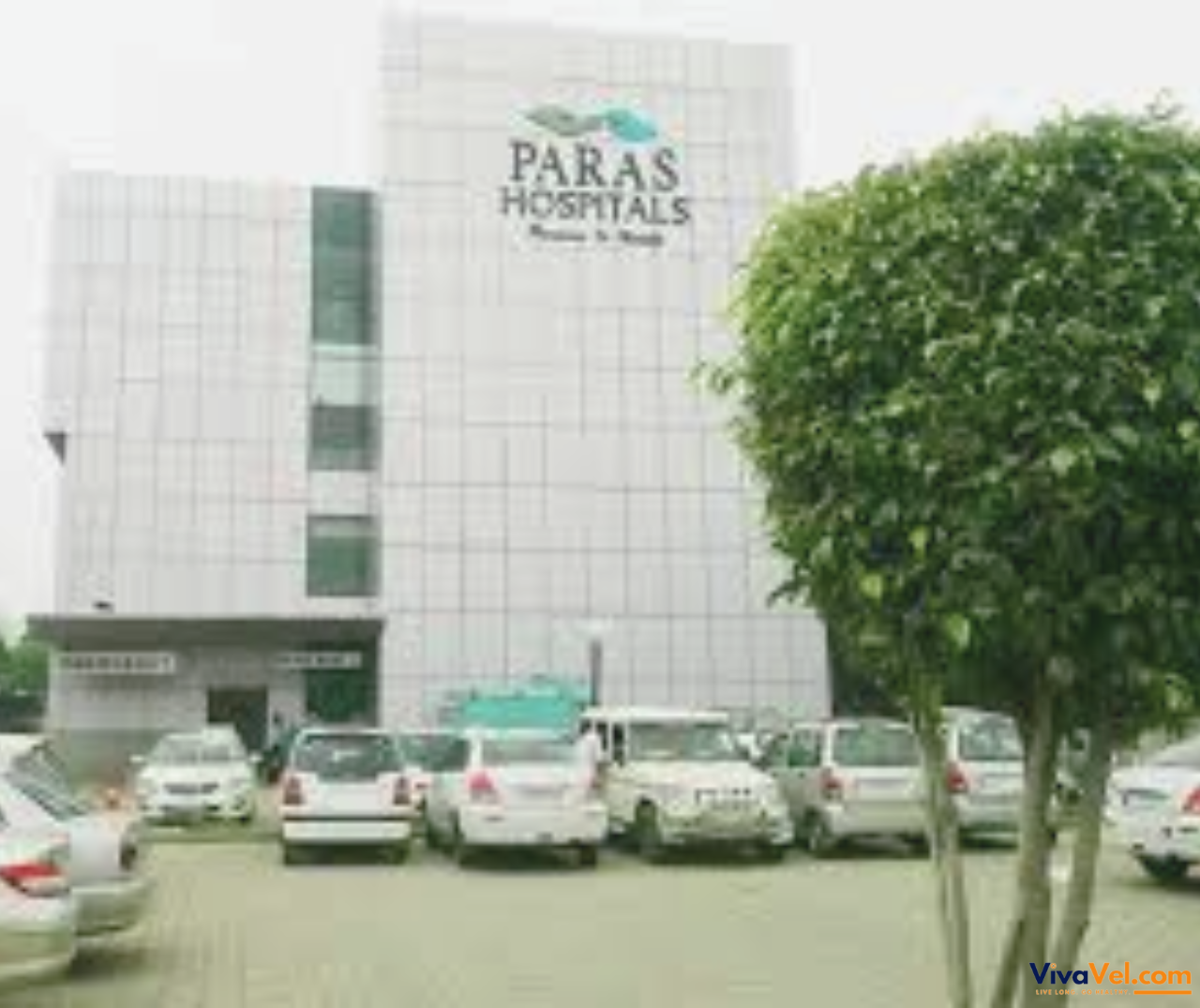


![]() C-1, Sushant Lok- 1, Sector-43, Phase- I, Gurugram, Haryana, 122002
C-1, Sushant Lok- 1, Sector-43, Phase- I, Gurugram, Haryana, 122002




![]() Lot 2, Jalan Baung 17/22, Seksyen 17, 40200 Shah Alam, Selangor Kuala Lumpur, 40200 (Malaysia)
Lot 2, Jalan Baung 17/22, Seksyen 17, 40200 Shah Alam, Selangor Kuala Lumpur, 40200 (Malaysia)

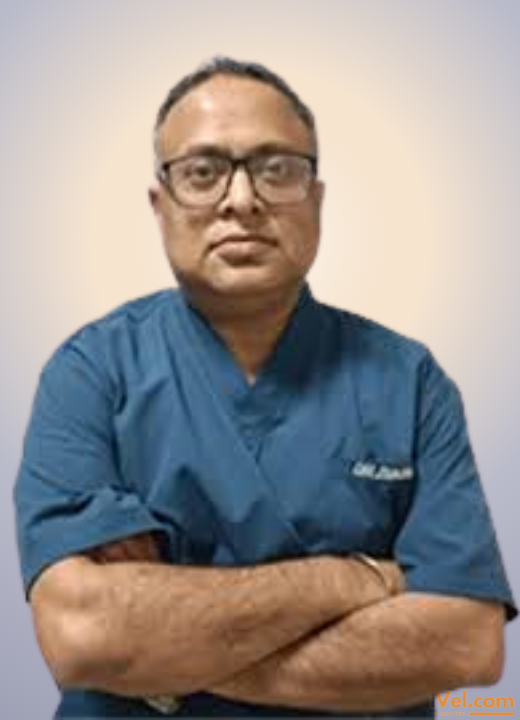
Dr. Sunandan Basu is a renowned neurosurgeon with over 22 years of experience treating various progressive neurological diseases. He completed his MBBS and later earn...
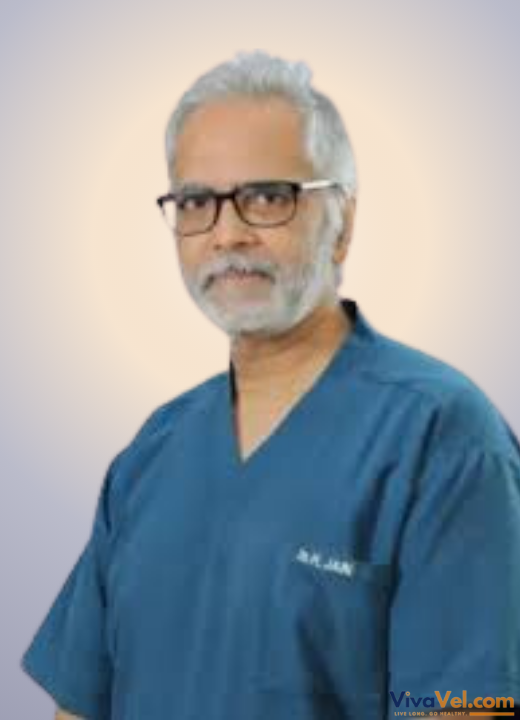
Dr. Harsh Jain is a highly regarded neurosurgeon with over 26 years of experience. He graduated with his bachelor's and master's degrees in medicine from Nil ...
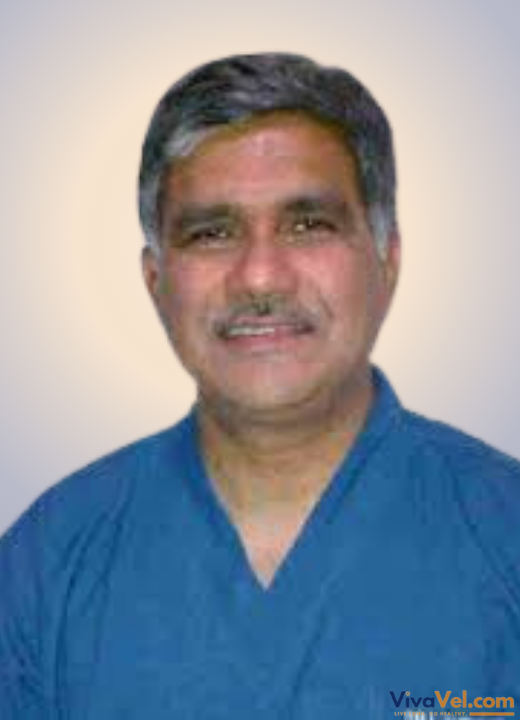
Dr. LN Tripathy is a highly esteemed neurosurgeon with an impressive 31-year career. Since April 2010, he has been the Director of the Medica Institute of Neurologica...
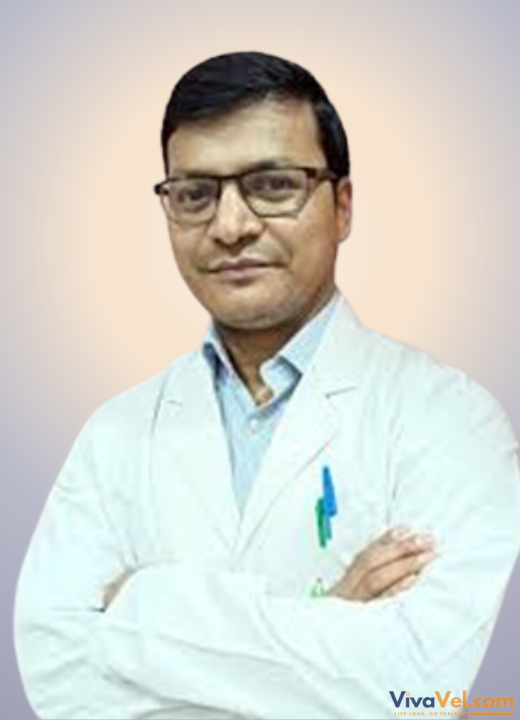
Dr. Ravindra Singh boasts over 23 years of professional experience, with 15 of those years dedicated to Spine & Orthopedics. He is a skilled Orthopaedic Spine Spe...

Dr. Bharat Dave is a pioneering spine surgeon renowned for his dedication to advancing spine care in Gujarat and across India. Born in Kapadwanj, he pursued medical e...

Dr. Hitesh Garg is an Orthopedic Spine Surgeon with 23 years of experience. He has performed over 5,000 spine surgeries, including more than 2,500 spinal fusions, 1,0...
Treatment Plan & Cost within 2 days
